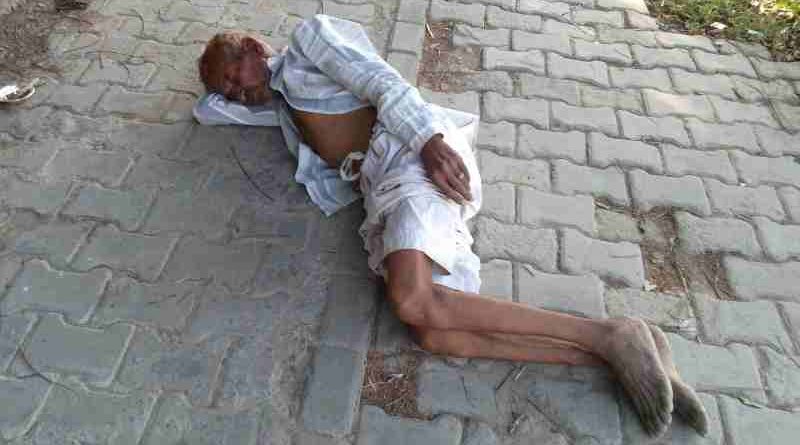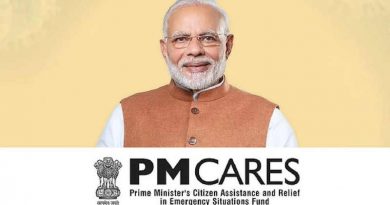IMF Fiscal Monitor Focuses on Curbing Corruption


The April 2019 edition of International Monetary Fund’s (IMF) Fiscal Monitor is focused on two broad themes: fiscal policy in a fast-changing global economy and curbing corruption.
The report takes an in-depth look at how corruption impacts government policies and operations, the fiscal costs, and how fiscal institutions can help fight corruption.
According to the report, corruption—the abuse of public office for private gain—distorts the activities of the state and ultimately takes a toll on economic growth and the quality of people’s lives. It weakens key functions of the public sector, including the ability to collect taxes or to make expenditure choices in a fair and efficient way.
[ The Integrity Bulletin Launched to Cover Corruption Issues ]
If, in exchange for bribes, civil servants facilitate tax evasion or corrupt politicians provide ad hoc tax breaks for some people or firms, others will end up facing higher tax rates, and the government may be unable to generate enough revenue to pay for productive spending.
Likewise, according to the IMF report, the quality of public services and infrastructure suffers when project selection reflects opportunities for kickbacks or nepotism. Bribery of foreign officials by multinationals and the use of opaque financial centers, or secrecy jurisdictions, to hide corrupt gains or to evade taxes add a global dimension to the challenge.
[ 12 Steps to Deal with Corruption in India ]
Against this backdrop, and by contributing to growing inequality, corruption undermines trust in government and can lead to social and political instability.
The widespread acknowledgment that tackling corruption is critical for macroeconomic performance and economic development has led to its inclusion in the United Nations Sustainable Development Goals; it has also prompted several initiatives, including the Framework for Enhanced IMF Engagement in Governance (IMF 2018).
An exclusive chapter of the report assesses the fiscal costs of corruption and explores the practices and institutions in the fiscal area that can help curb opportunities and incentives for corruption.




